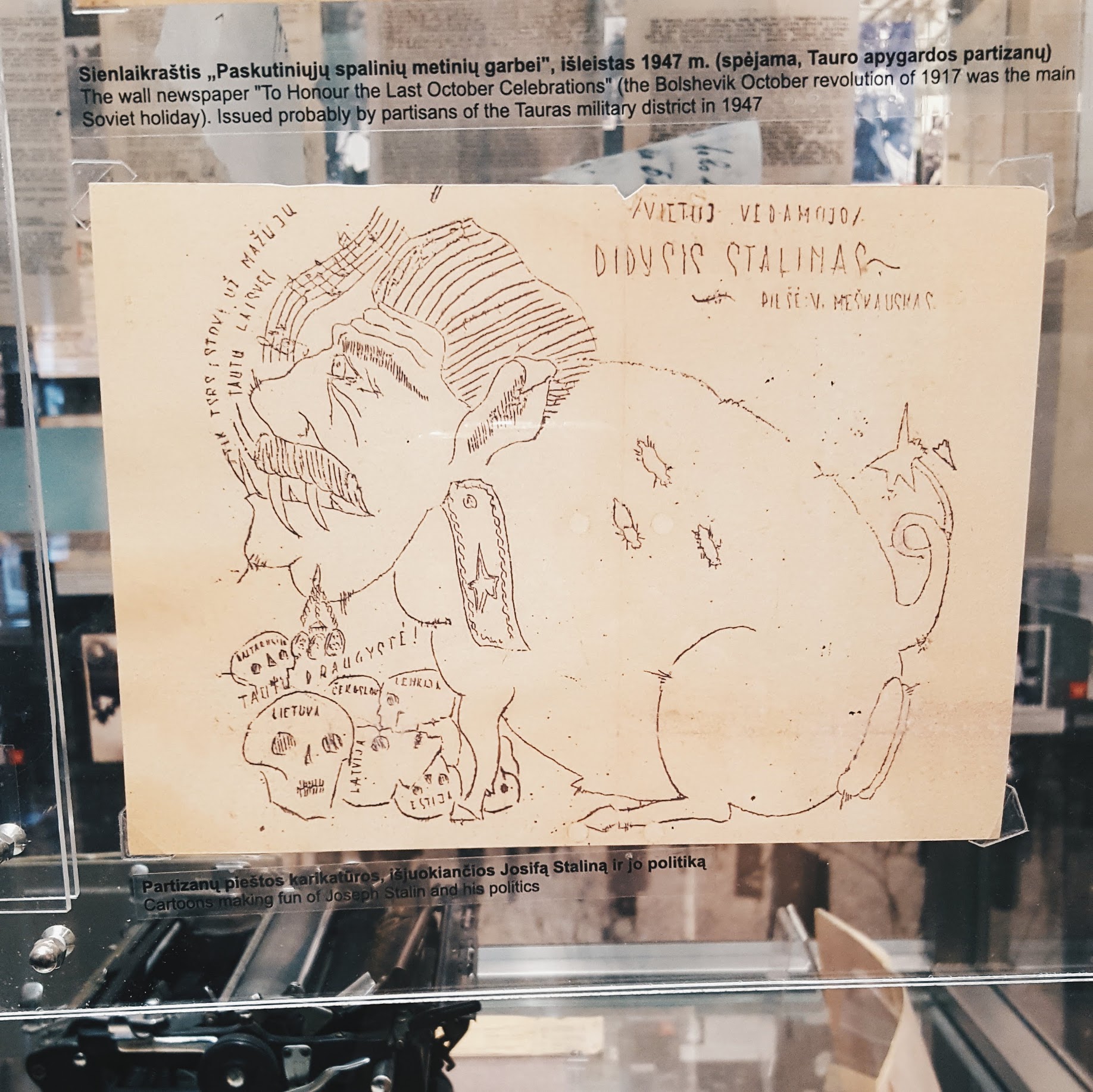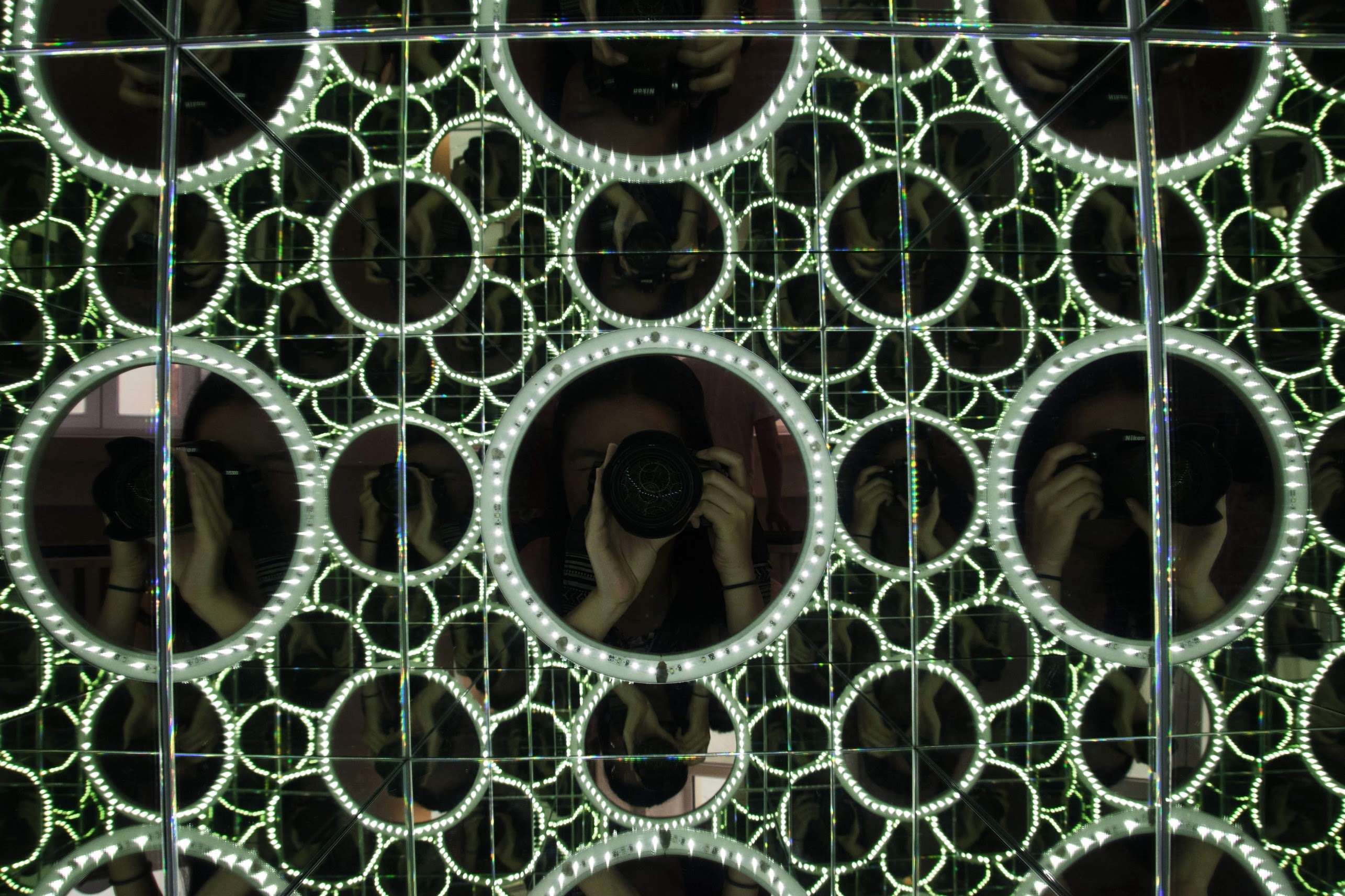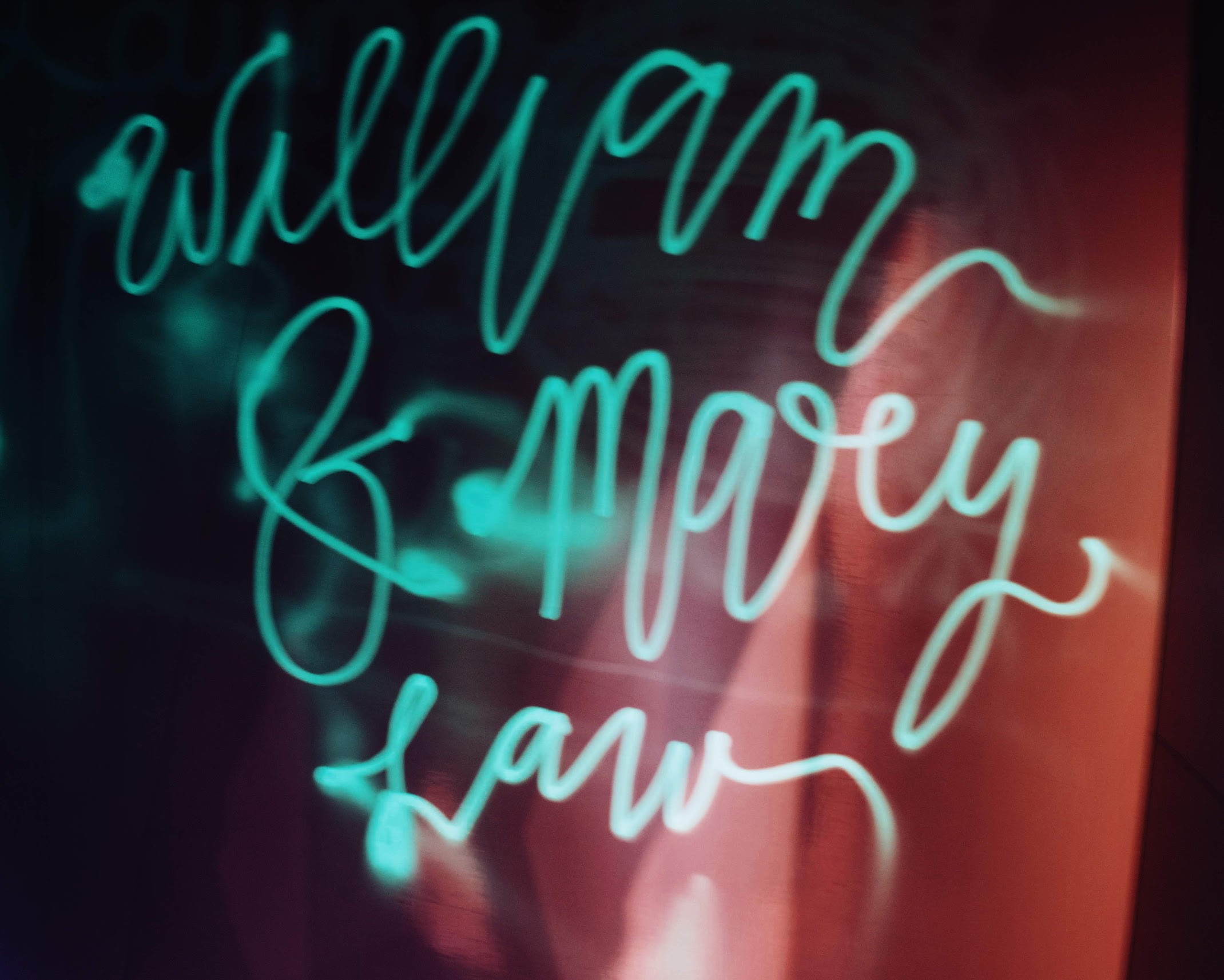GDPR Hits the EU
Another week has flown by. The days are blending together as I grow more and more comfortable with daily life in Vilnius. This past week, I started several new and exciting projects for my work at the Vilnius Institute for Advanced Studies (VILIAS).
General Data Protection Regulation
Last Friday, May 25, 2018, the General Data Protection Regulation (GDPR) came into effect, binding all countries of the European Union. But I am sure you already know this, as long as you don't live under a rock! One may wonder how a EU data privacy law would affect the States. While the GDPR is an EU-based data privacy regulation scheme, its effects also reach American entities that have a web presence, because their sites may collect data of persons located in the European Union. Furthermore, many American and multinational businesses have been updating their privacy policies to comply with the GDPR, so that they can consistently deal with all their clients, regardless of nationality or geographic location. This explains why you may have been clicking "I Agree" to new terms and conditions all too often lately, even when entering regularly used websites such as Facebook, The Washington Post, and more.
As far as the GDPR's effect on VILIAS, late last week, Beth and I were instructed to draft a guide for practitioners regarding GDPR compliance for the NarcoMap initiative. NarcoMap is a European Commission funded transnational project that seeks to improve knowledge and expertise on NPS (psychoactive substances) and opiates trafficking across Europe. Because information gathering for this project requires practitioners (psychologists, criminologists, etc.) to collect data and submit it to a publicly shared database, there are many potential compliance issues that could arise under the GDPR.
We started the memo with an overview of best practices in the United States regarding information privacy. While the US has many sector specific privacy norms and regulations, such as the Health Insurance Portability and Accountability Act (HIPAA), The Fair Credit Reporting Act, and the Federal Trade Commission's fair information practice principles (FIPPs), there is no single, comprehensive federal scheme regulating the collection and use of personal data. However, we would be remiss not to mention the right to privacy that, as Justice Douglas stated in Griswold v. Connecticut, is found within the "penumbras" and the "emanations" of the Constitution. Our director appreciated our constitutional analysis, as the United States Constitution has greater strength than the Lithuanian one, and he had many questions about how that affects American law. Beth and I discussed with him the importance of constitutional law within the American legal and political system, especially with regard to the legal force of precedent from the Supreme Court.
The GDPR memo was a challenging exercise in EU statutory interpretation, especially for someone who has only completed one year of law school - one year that was almost exclusively focused on American law. At the same time, this project made me thankful for the quality of education I have received so far from William & Mary Law School, as classes such as Constitutional Law, Torts, and especially Contracts all helped build a foundation of knowledge that was needed to write the memo.
What Beth and I learned from writing the memo on the GDPR is the regulation's emphasis on getting clear consent from data subjects when collecting their information, especially when a person is part of a special class, and its goal of adequately protecting the rights of any person who shares their personal information.
Side note regarding culture: we were instructed to draft the memorandum on Thursday. Our director asked us when we would have the first draft ready. When we told Algis we could submit it to him on Monday, he was shocked. He chuckled as he told us that most European students would have estimated a similar project to take an entire week, and they would have told him it would take two weeks to give themselves extra time. Europeans tend to take a more relaxed approach to work, especially in the summertime. Beth and I were happy to surprise Algis in a positive manner. We are future American lawyers, and we get things done!
Even the other day, when Beth and I met up with Algis for a beer to receive some constructive criticism on our projects, he told us that he thought we were working too hard and that we should be taking time to explore the city and enjoy our time here. Both Beth and I feel like we are simply doing what would be expected of us in any job - to produce high quality work and to have a strong work ethic. But it is nice to have a boss that wants us not just to have a great internship experience, but a great experience overall.
Weekend Excursions
We certainly have not been working 24/7, and over the weekend, we took a break from all of our work. Instead of relaying to you all the small assignments we receive on a daily basis, I wanted to discuss some of our adventures in the city.
On Saturday, we started the day by going to the Museum of Occupations and Freedom Fights, formerly known as the Museum of Genocide Victims. The museum is informally known as the KGB Museum because it is located in the former KGB headquarters.
Lithuania was occupied for fifty years by the Soviet Union, and the museum is dedicated to the era of Soviet occupation. There were many interesting documents housed in the museum, including anti-Stalin political cartoons such as the one pictured below.


A portion of the museum is dedicated to the Nazi occupation of Lithuania, and the many Lithuanians that were arrested, deported, or killed during the Holocaust. One room in particular focused on persecution of Roma (Romani) people by the Nazis. Pictured above is a Roma family that was placed in a concentration camp. Due to my experience teaching English in Hungarian orphanages and later studying abroad in France, I feel like I have a heightened awareness of prejudice against Roma people, which continues to this day across Europe. While learning about Roma persecution was difficult emotionally, it also confirmed for me that my topic choice for the Baltic Criminologists Seminar was the right one. My presentation will be titled "Deinstitutionalization of Social Care and its Role in Comprehensive Crime Prevention." In many countries of the former Soviet Union, children placed in institutions and orphanages are some of the most vulnerable populations, as they are at a high risk for abuse and neglect. Moreover, many of the children placed in institutional care in former Soviet nations are of Roma descent, as the Roma people are socioeconomically disadvantaged.
The most chilling part of the KGB museum was in the basement, where we saw the execution room where prisoners were killed and buried in mass graves outside Vilnius. The floor of the exhibit was made of glass, so that when you look down, you can see objects from the graves, such as broken glasses, shoes, and even teeth.
After our visit to the KGB Museum, which I would recommend to anyone who visits Vilnius, Beth and I were ready for some food. Luckily, every weekend in the summer, there is an open food market in Vilnius near the Užupis district called Open Kitchen. Various local restaurants set up stands and food trucks in the area, with myriad options such as sushi-burritos (not sushi and burritos...sushi-burritos), baklava, and pho. Beth and I stopped by the paella stand to greet José, the owner of La Cocina de JOSÉ, the Spanish restaurant where our landlord Victoria works. José greeted with me with the standard European cheek kiss. Before this month, it had been four years since I was last in Europe, so I was a little caught off guard. Even still, I am appreciative of how kind he has been to us. We settled on hot dogs and beer, and as we sat happily under a shaded table with our food, we struck up a conversation with a friendly German man named Heinrich. He gave us a lot of recommendations on where to travel when we will have a little time off in July. Overall, our time at Open Kitchen was very multicultural - just the way I like it!
We ended our day of adventures at the Museum of Illusions - much more lighthearted than the museum we visited in the morning. The museum was full of fun artwork and exhibits, and challenged our minds with some tricky optical illusions. Of course, I had to represent our wonderful law school with my light calligraphy, shown below.


Taking a break from work to relax and recenter oneself is so important, and I am glad we were able to explore more of the city over the weekend. At the same time, I look forward to being challenged in the coming weeks with more meetings and assignments.